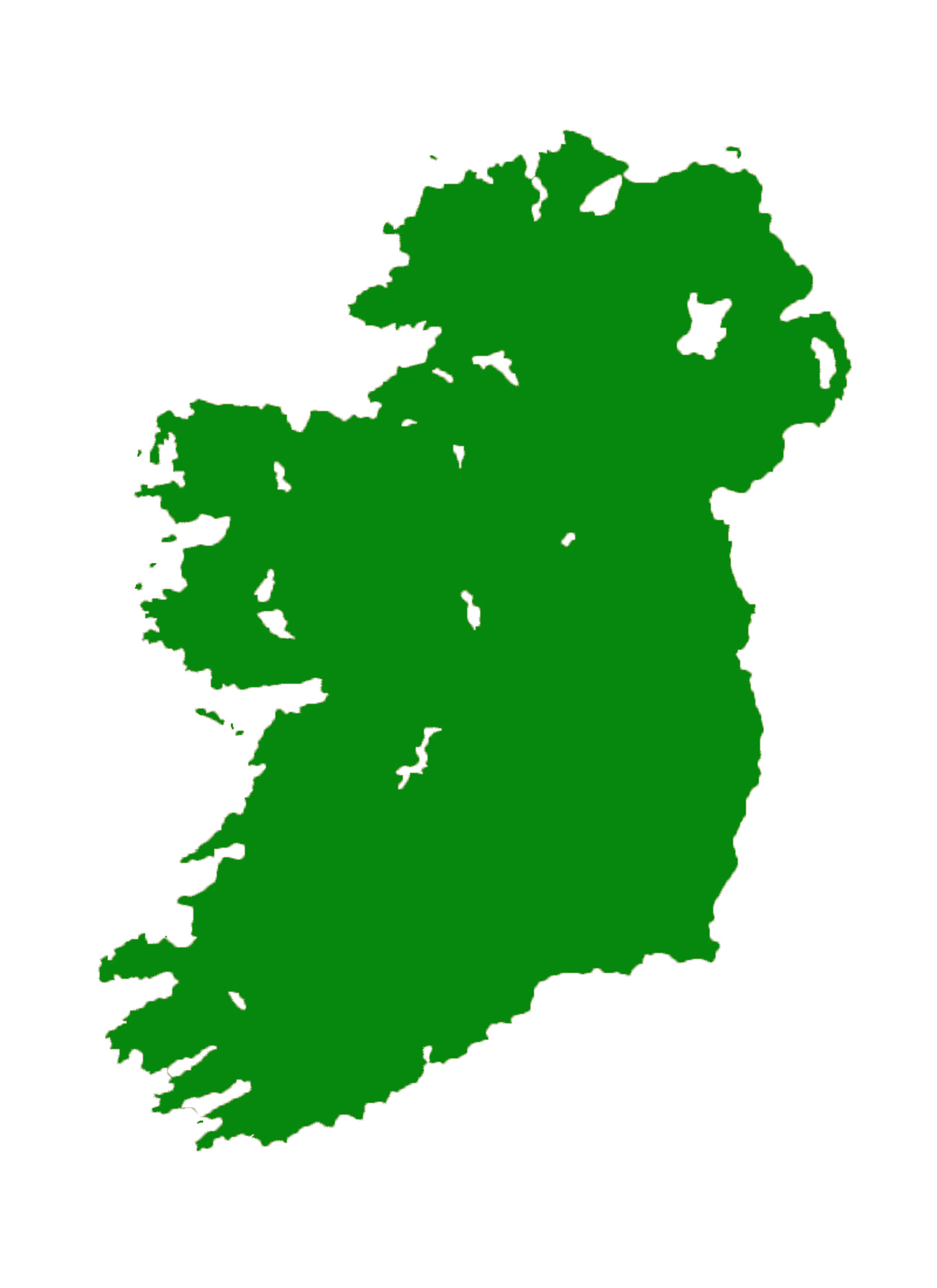As work continues as part of the Erasmus+ Mifamily project, all partners are currently examining family learning resources in each partner country.
Christensen and Stanat note that “In Australia and Canada, immigrant students (even those learning English) and nonimmigrant students have similar achievement levels.”. They note that these countries have a number of factors in common in relation to language education for immigrant students:
- Systematic programs with explicit standards and requirements in place.
- Curricula that may be determined at the local level “but that are based on centrally developed key curriculum documents, including language development frameworks and progress benchmarks.”
- High standards for the program so students acquire language skills in the context of the mainstream curriculum and can integrate into the appropriate level of instruction.
- They have time‐intensive programs.
- Their programs tend to offer continued support in both primary and lower
secondary school. - The teachers who instruct second‐language learners have received specialised training either during their initial studies or through in‐service training.
- These teachers also tend to closely cooperate and collaborate with class teachers to ensure that the needs of immigrant students are being met..
An additional effective approach in an EU context is identified in the Irish OECD reviews of migrant education report in looking at activities in Norway, which notes that Norway “emphasises the importance of developing all-round language development for this age, with a strong emphasis of family learning, which is also the case in Sweden”.

In terms of family learning and involvement of parents in education for migrant children in Ireland, the Irish OECR report notes that: “International research highlights the importance of parental involvement in education for improving achievement of students, independently of their socio-demographic background. It also notes notes that existing literature on immigrant education (Heckmann, 2008; Schofield, 2006; Brilliant, 2001) suggests that the main barrier to parental involvement is lack of competency in the language of the host country, cultural differences and the lack of knowledge of the education system and resources of the host country.
There are a number of issues around this, however. Vincent and Warren (1999) identify that parent-teacher partnerships in the UK, particularly for minority ethnic parents and working-class parents, are often characterised by an imbalance of power in favour of the teacher. “In order to be ‘good’ or acceptable parents, minority ethnic parents, had to become like the ideal – the white middle-class parent: in other words they had to assimilate”. According to Horgan, “migrant parents in Ireland have been constructed by educational practitioners/ management as ‘non-involved’ and ‘hard-to-reach’ (McGovern and Devine 2016)”. Smyth et al. (2009) notes that their apparent lack of involvement is often due to ineffective communication between school & home. An additional important note which may be of use for the project – the Irish OECR report notes that immigrant parents tend to seek out services which value and respect their own language, culture and customs.
In terms of useful resources for family learning, NCAA kits are worth looking at, as are guidelines for teachers on English as an Additional Language (EAL) as a means of good practice
Norwegian guidelines on language skills among pre-school children of linguistic minorities are also very useful. In particular, page 35 looks at Family Learning
The Family Literacy guidelines by the Irish Dept of education are particularly useful in terms of some guidelines around literacy training as are this study on the effectiveness of Family learning in Ireland.

For more on the Mifamily project (including the developed Training Curriculum on Family Learning for Migrants at school), please see https://mifamilyproject.com
